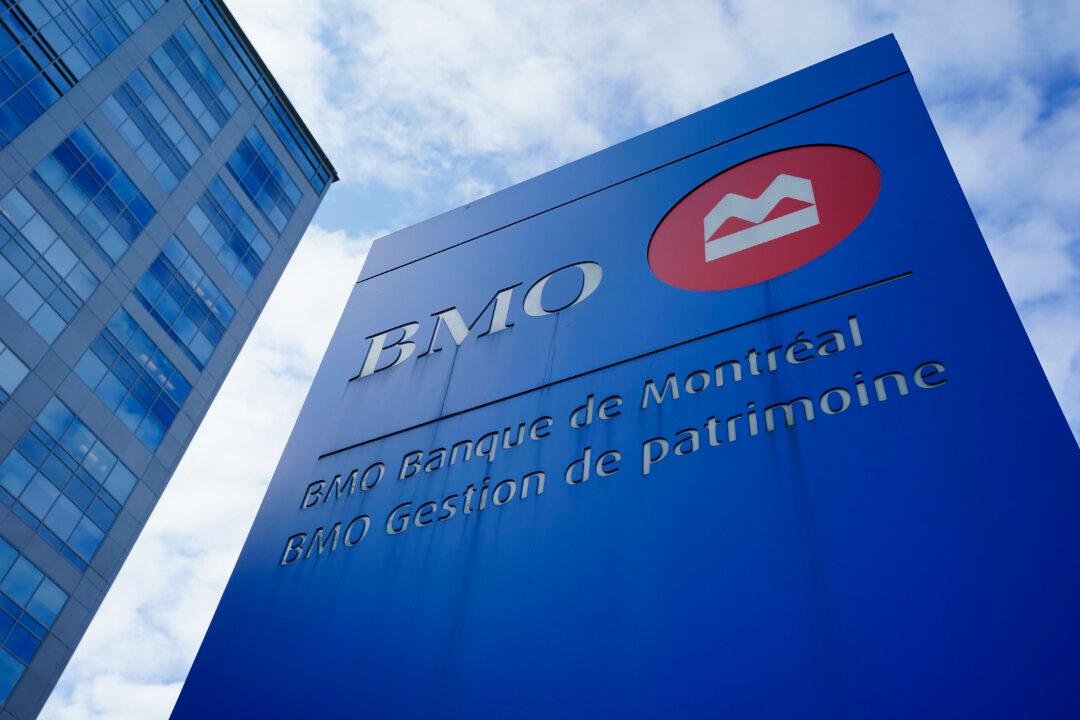The CEO of Canadian bank BMO addressed on Jan. 19 the revelation that he had recommended to the finance minister that Freedom Convoy protesters be designated as “terrorists” to facilitate the freezing of their financial accounts last year.
“I would never call the convoy protesters terrorists. What was said is that in order for the banks to be helpful, there are certain protocols,” Darryl White told True North’s Andrew Lawton reporting from Davos, Switzerland.





